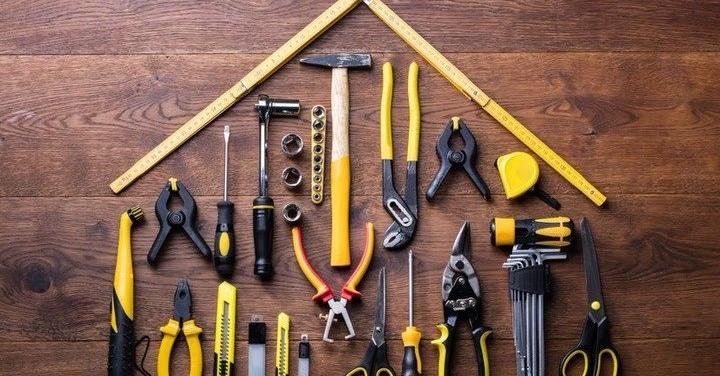Buying a new home is an exciting and overwhelming time. It is important for new homeowners to follow a series of practical steps early in their homeownership experience.
It is also important to understand what a new home will require in terms of recurring costs, such as mortgage, insurance, and property taxes.
1. Set a budget
Becoming a new homeowner is one of the biggest financial milestones anyone will face in their lifetime. It is important to set a budget that takes all of the costs associated with homeownership into consideration.
Some of these costs include mortgage payments, homeowners insurance, property taxes, utilities, and maintenance. Other expenses can include out-of-pocket healthcare costs, pet care, furniture and decor, birthday and holiday gifts, and travel expenses. Creating a budget spreadsheet that accounts for all of these expenses can help you have financial control as a new homeowner.
In addition, budgeting can also help new homeowners understand how often they may need to perform certain tasks, such as changing air filters, cleaning gutters, and replacing fire extinguishers. This will help them create a realistic home maintenance schedule that they can stick to.
3. Have a home inspection
A home inspection may reveal maintenance issues that can be costly down the road. Having an inspector will help new homeowners understand the condition of their new home.
A homeowner should consider having a home inspection done before putting their house on the market. This allows them to make repairs that will increase the chance of a sale.
It’s important to remember that a home inspection isn’t meant to assign a pass or fail grade. Some problems, such as serious roofing damage or a non-functioning heater, can be deal-breakers. If the problem is serious, a buyer and seller should discuss how to move forward with the transaction. Often, buyers and sellers agree that the seller will be responsible for addressing some of the items that are flagged during the home inspection.
4. Have a home warranty
Homeowners often spend hundreds or even thousands of dollars on appliances and systems that break down, and a home warranty may help with those costs. A home warranty is basically a service contract that covers repairs or replacements of major appliances and systems like your refrigerator, dishwasher or air conditioning system. Educate yourself so you know what a home warranty cover will look like.
Many real estate agents recommend home warranties for their clients, and some sellers will include one with the sale of a new home. However, you should research
the pros and cons of these types of contracts before purchasing them.
Check for a company with a high BBB rating, and look for sample contracts online. Also, remember that most companies only cover systems and appliances that are in working order when the claim is filed.
5. Get a home maintenance plan
Home maintenance tasks are often overlooked and ignored, but they can prevent costly repairs. It’s much more cost-effective to treat small problems before they progress into bigger ones, and a home maintenance plan will help you do just that.
Cosmetic maintenance, like cleaning gutters and painting, is a great way to upgrade your property and improve its visual appeal. It also helps to maintain the value of your house and can boost its resale potential.
Unexpected events such as floods, fires and break-ins can happen despite your best efforts, so it’s important to have a safety net in place. That’s where having a home warranty and home insurance come in handy. Getting these plans in place before you move into your new home is the best thing you can do.
